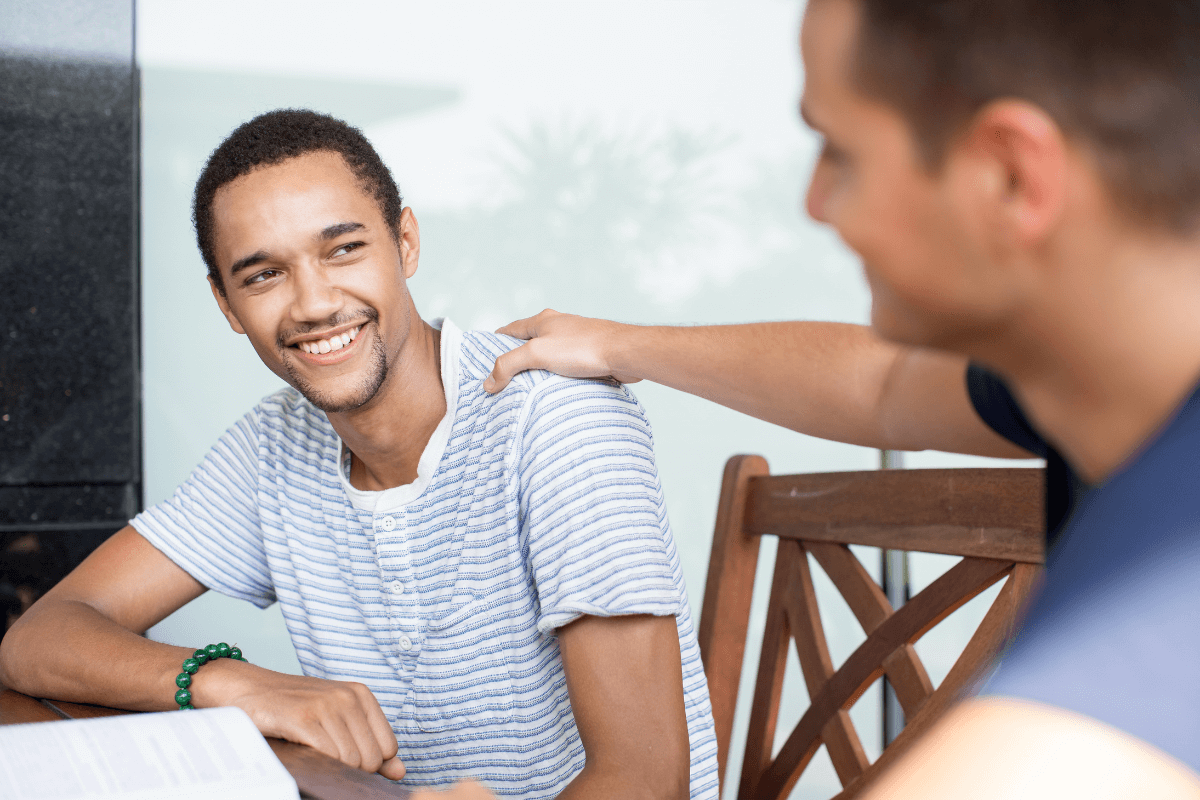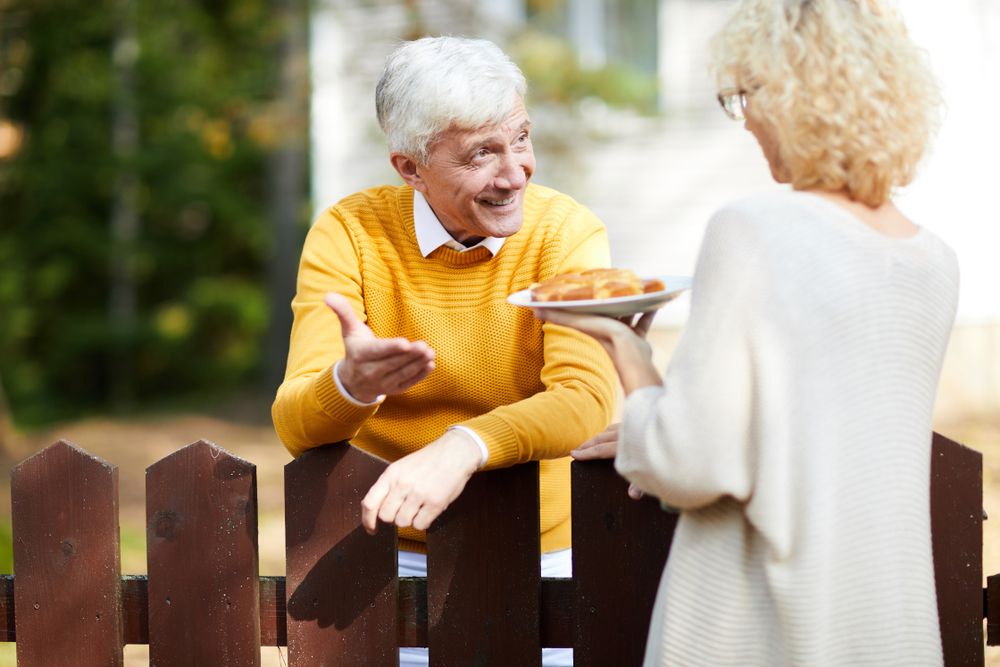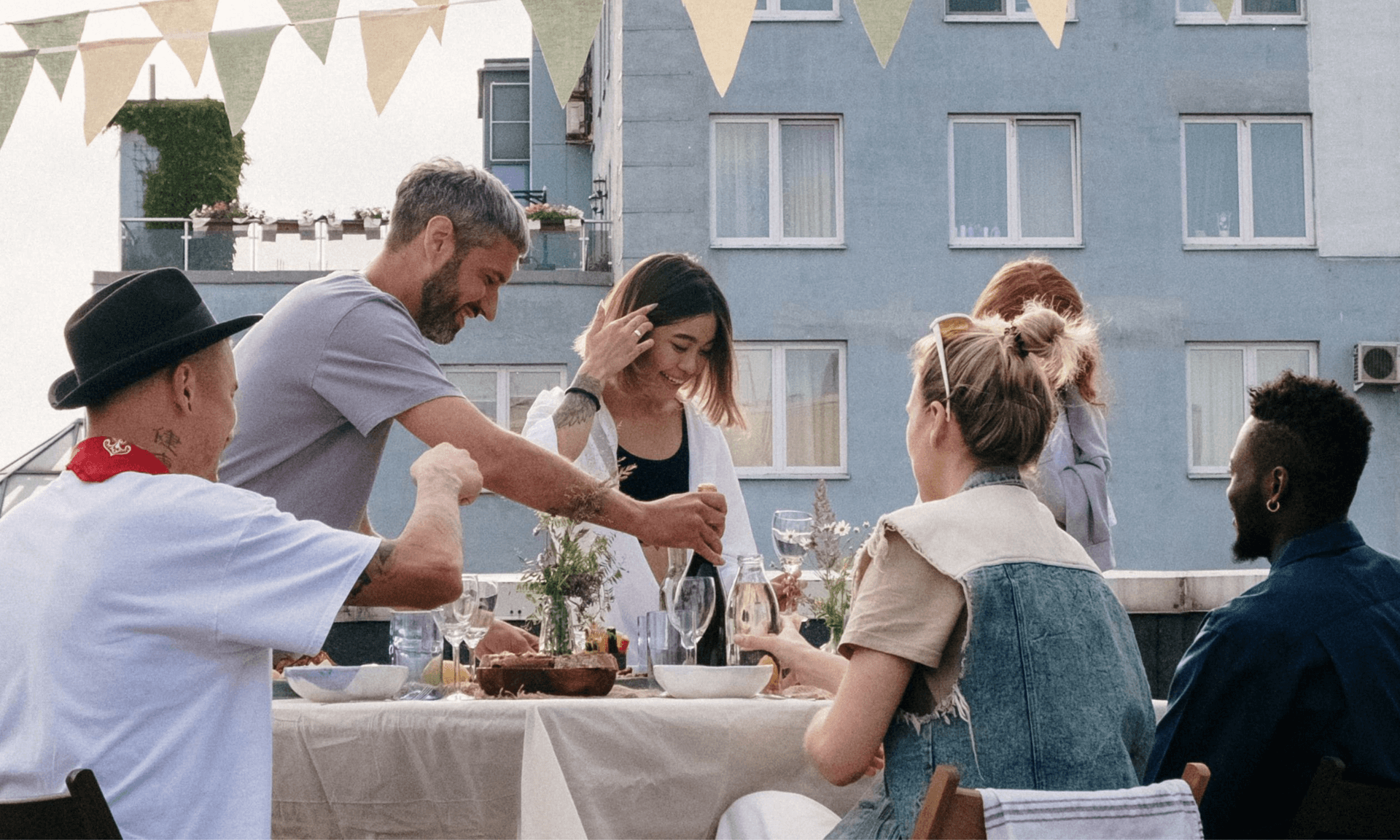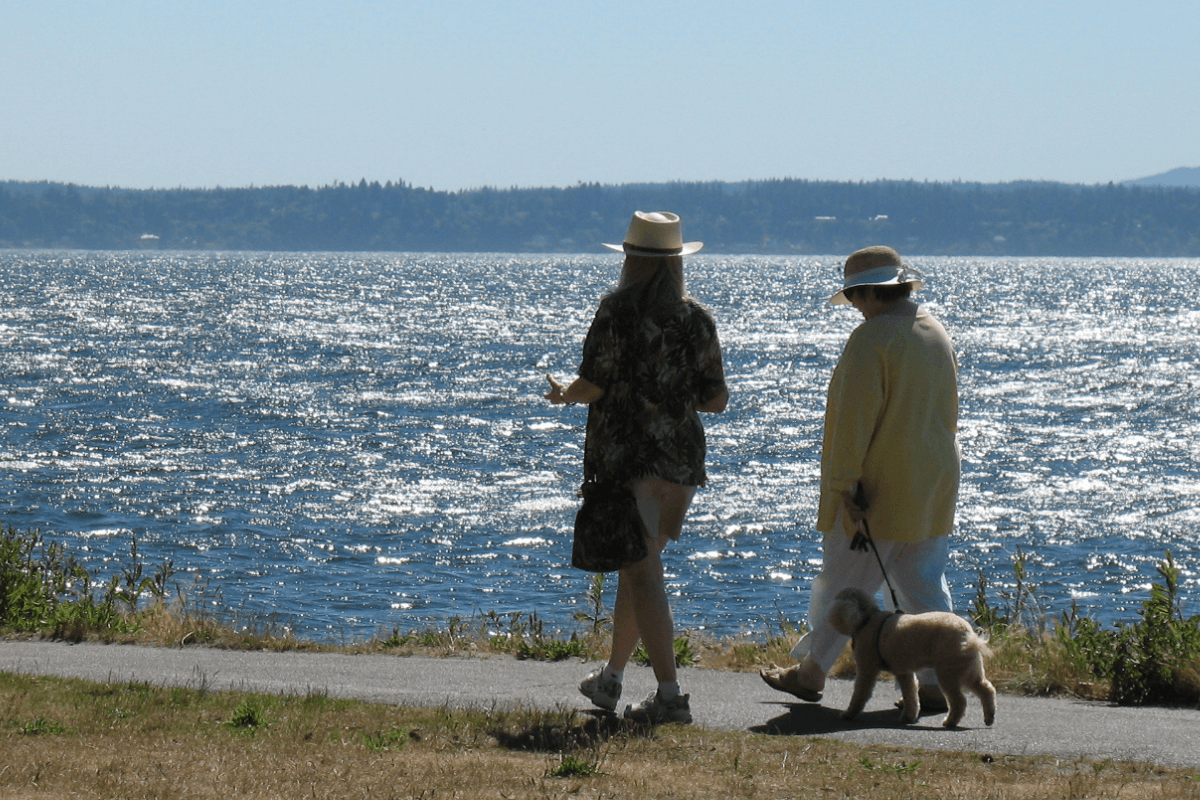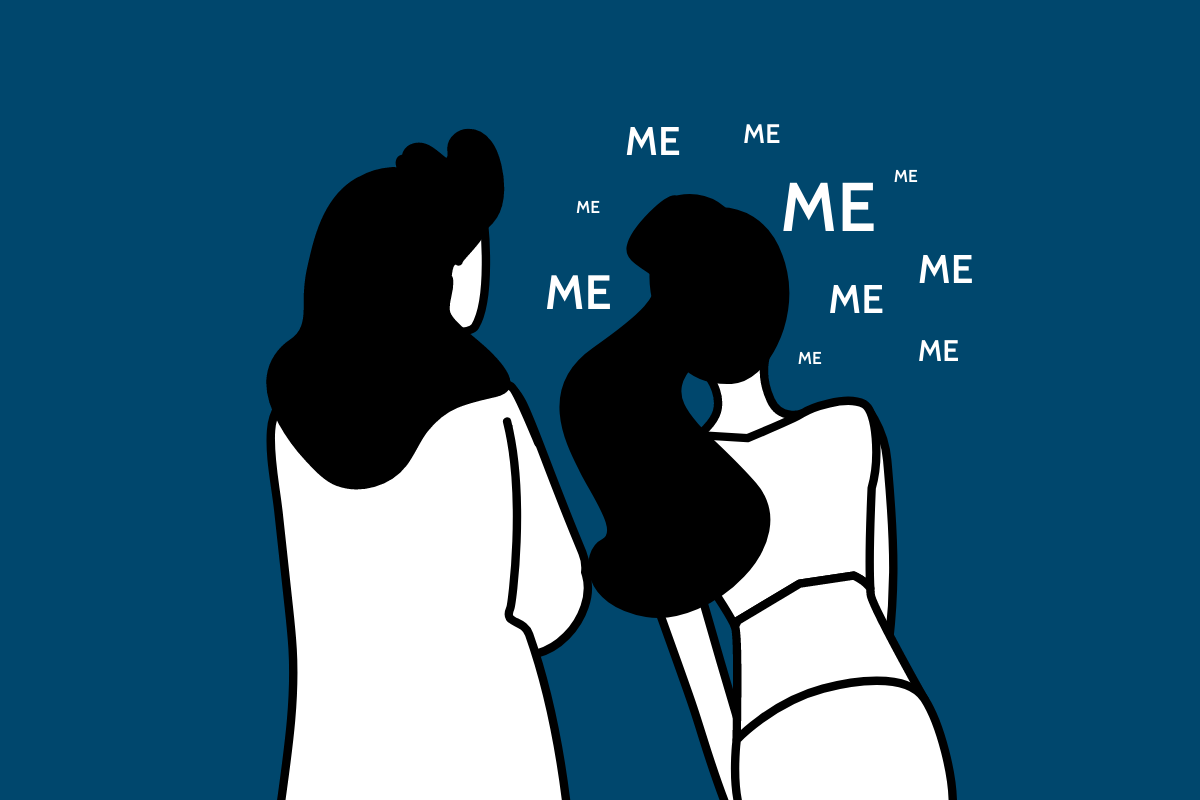“My friend came out to me – what do I say?”
This question is more common than you may think.
‘Coming out’ – or more recently called ‘inviting in’ – refers to someone in the LGBTQIA+ communities self-disclosing their sexual or gender identity.
Knowing what to say when someone comes out to you can be difficult. Everyone has different experiences and needs, and there’s no one-fits-all perfect response.
We offer some suggestions to help your loved one feel supported and seen during and after this important conversation.
Be Affirming and Thank Them for Telling You
It can take a lot of bravery to come out to someone.
LGBTQIA+ identifying people may hesitate to self-disclose due to:
- Fear of being shunned or judged
- Fear of violence and backlash
- Fear of losing relationships because of who they are.
It’s an honour to have someone feel safe enough to share that part of themselves, so be sure to acknowledge this by thanking them for telling you.
Affirm the importance of their identity and let them know you’ll be there to support them. Tell them you accept and respect who they are, and this doesn’t change or affect your relationship.
Mirror Their Energy
Your reaction isn’t just about what you say, but how you say it.
Let your friend set the tone of the conversation, and try to react similarly to how you were told.
If they broke the news in a casual way, you can react casually. It doesn’t always need to be a big, emotional moment – your friend may be more comfortable keeping it relaxed.
But if they deliver the news as a significant moment with a lot of emotion, you can treat it as such by responding with a lot of empathy, support, and gratitude. You might even want to offer them a hug or high-five depending on your relationship.
Respect Their Confidentiality
If someone chooses to share the news of who they are with you, it’s important to remember this is very personal. Let your friend know you understand this is not your story to tell, and you can and will keep this to yourself.
Coming out is a big decision for a lot of people in the LGBTQIA+ communities, and it’s their right to come out to or ‘invite in’ who they choose, when they choose.
Stay Educated on LGBTQIA+ Issues
Saying the right thing is not the first and last step in being there for someone who has come out to you. It’s important to keep supporting them through their entire journey, and part of supporting is understanding.
You most likely won’t know everything then and there, and while asking them questions is great, you can and should do your own research. Understanding their identity better will help you to support them better.
You can also keep yourself educated and informed on what’s going on in the community, what issues they’re facing, and the importance of inclusion. Staying educated will help you be a genuine ally to your LGBTQIA+ friends.
If you’re having difficulty with coming to terms with or supporting someone through their coming out journey, you may find our counselling services helpful.
We also offer specialised counselling for people in the LGBTQIA+ communities. This may be helpful to recommend to a friend who has recently come out and needs some professional support.
For more tips to communicate and respond effectively, you may find this blog post helpful: How to Be a Good Listener | Relationships Australia QLD (raq.org.au)
